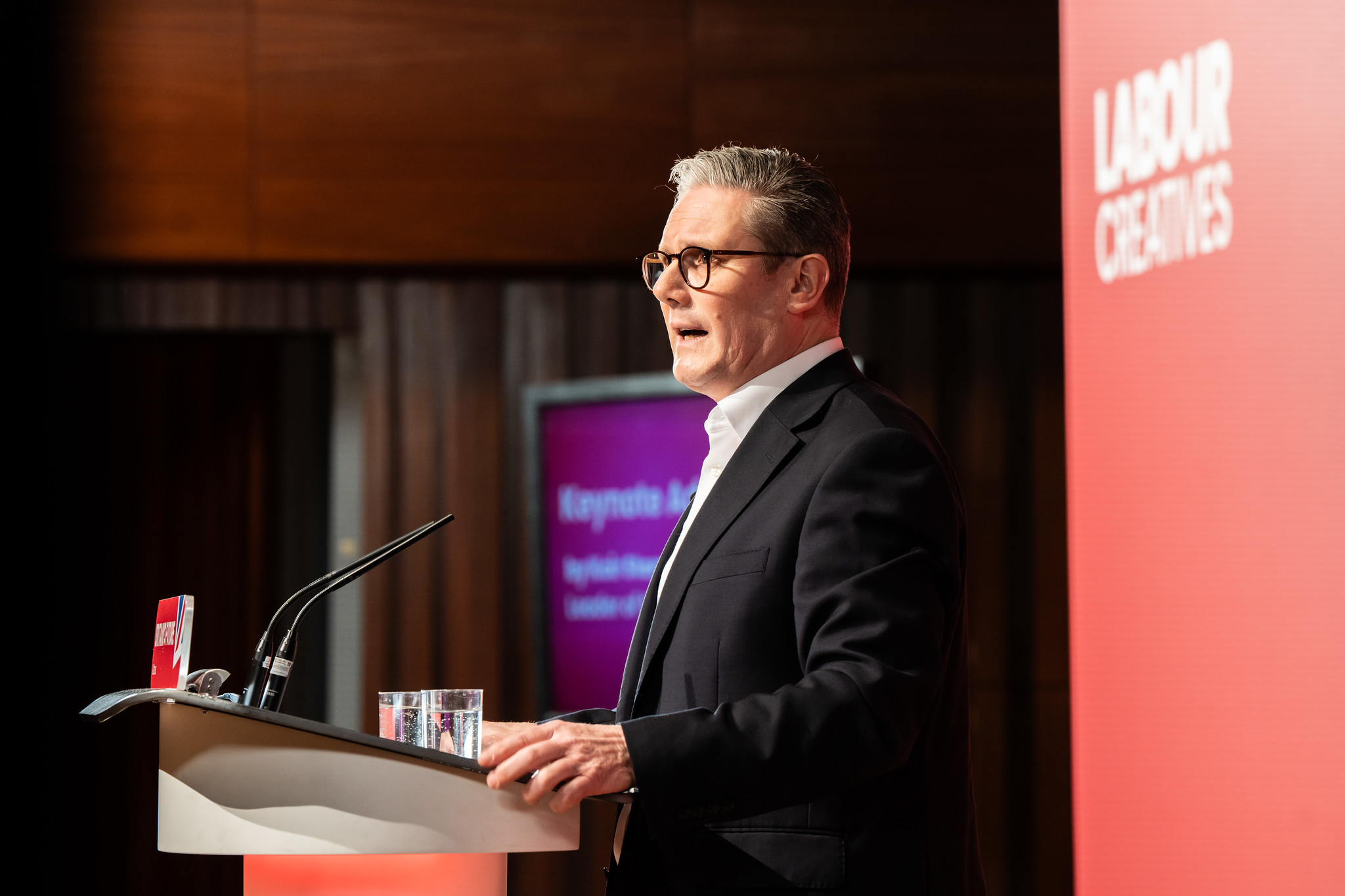This is a round-up of current support schemes for art and culture in the four parts of the United Kingdom. For full and up-to-date information, please check gov.uk.
Last updated 14 January 2022
🇬🇧 UK-wide
On 21 December 2021 Rishi Sunak announced a new support package in recognition of Omicron’s impact. It included
- the Statutory Sick Pay Rebate Scheme (SSPRS), which will apply for small and medium-sized employers across the UK
- £154 million for the devolved administrations in Scotland, Wales and Northern Ireland because of new funding announced in England (detailed below)
🏴 England
Current support available
£30 million has been allocated to support museums, cinemas, theatres and heritage organisations affected by Omicron. It is offered as an extension to the second round Cultural Recovery Fund: Emergency Resource Support, distributed by Arts Council England. The deadline for expressions of interest has been extended to noon on 18 January 2022; those invited to apply will have until noon on 4 February to submit a full application. Recipients of CRF rounds 1 and 2 are eligible, but so too is any organisation at risk of no longer trading viably within 12 weeks.
£1.5 million of Government investment into three benevolent funds has been confirmed to provide immediate financial aid for individuals working across the cultural sector. This will be distributed by:
- a-n The Artists Information Company: £200,000 – details to be announced
- Help Musicians: £650,000 – more info here but not open to applications yet
- Theatre Artists Fund: £650,000 – Individual grants of £1000 for freelance professional theatre workers, from backstage workers to dancers, and from technicians to education outreach workers. Applications open here
Additionally on 21 December 2021, Rishi Sunak announced:
- grants of up to £6000 for affected cultural and hospitality businesses in England
- increases to the Additional Restrictions Grant (ARG) fund for local authorities in England
🏴 Scotland
Current support available
The Scottish Government has announced £65 million for “for culture and major events” affected by the surge in Omicron. The split of the funding is as follows:
- £31.5 million for cultural businesses, organisations and venues
- £2 million for National Performing Companies (for Christmas losses and touring fund re-purposing)
- £10 million for freelancers
- £19.8 million for the events sector
- £1.7 million for museums, galleries and heritage
The £10 million fund for freelancers is open for applications here, with grants up to £2000 to cover losses due to cancellations caused by the latest restrictions and the Omicron surge. The time period you can apply for is 27 November 2021 – 31 March 2022.
The other funding streams have been confirmed but guidance of how to apply and details of how they will be awarded have yet to be announced.
🏴 Wales
Current support available
The Welsh Government has announced £120 million of support in response to Omicron. It is split into three main areas:
- Non Domestic Rates (NDR) linked grants of up to £6,000 for companies who pay business rates. Registration for these will open via local authority websites from 10 January 2022.
- The Economic Resilience Fund (ERF) will reopen, also for companies who pay business rates, with grants of up to £25,000 made available for severely impacted hospitality and leisure businesses and their supply chains. Applications will open during the week commencing 17 January 2022 via the Business Wales website. You can check eligibility here.
- Local Authorities will deliver a discretionary fund to support sole traders, freelancers and businesses who don’t pay rates, with grants of £500 – £2000. Local authorities across Wales will open applications from 17 January 2022 (this date may vary across local authorities). This grant application will remain open for two full weeks. You can check your local authority here.
The Welsh Government has also announced a new Cultural Winter Stability Fund of £5.25 million specifically for arts and cultural organisations, to cover the period 1 October 2021 to 31 March 2022. Grants of up to £100,000 will be awarded to “support organisations that are in genuine difficulty, are at risk of closure or that jobs will be lost, unless further support is provided – this risk must be as a direct result of the ongoing impact of Covid-19”. Applications will be to Arts Council of Wales and organisations already in receipt of previous CRF awards are eligible. Guidance will be released soon, and applications open on 12 January 2022.
Previously there have been three phases of targeted support aimed at cultural sector freelancers affected by the pandemic, with grants of £2,500 as part of the CRF in Wales. However there has not yet been any announcement of a fourth phase in response to Omicron.
Northern Ireland
Current support available
Stormont has signed off on a £40 million support package for the hospitality industry with grants of between £10,000 and £20,000.
The grants will be allocated related to the net annual value (NAV) of businesses’ estimated rental value, the same system used to assess rates bills in Northern Ireland.
Arts Council of Northern Ireland is operating a Covid Recovery Programme for arts organisations affected by the pandemic, with awards of up to £50,000. More info and how to apply can be found here.
All of the Arts Council of NI funds for individuals are currently closed and there has been no announcement about whether or when they may reopen.



